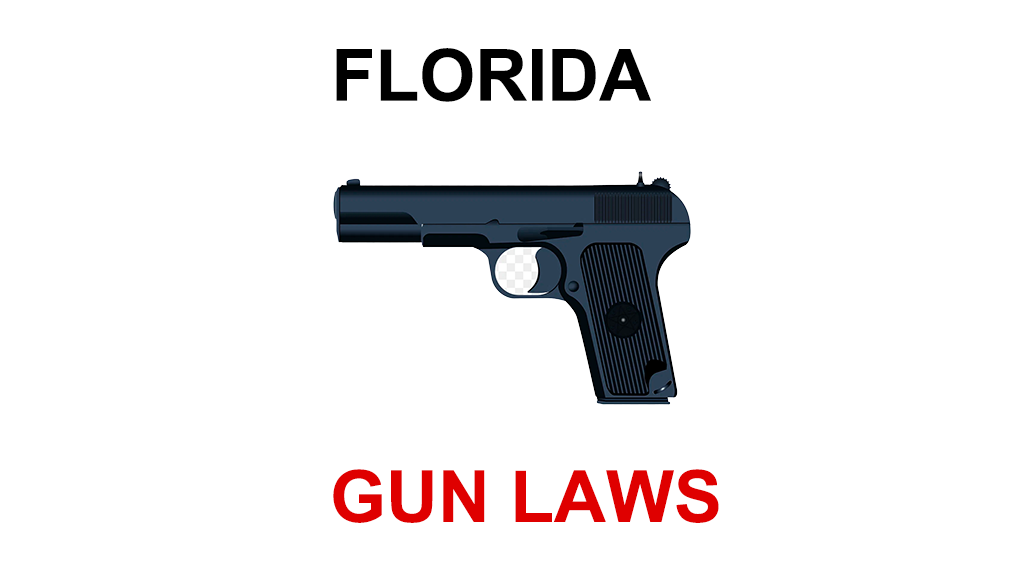
Image Credit: MateMedia
By Saul Roth
Here’s an overview of gun laws in the state of Florida. Please note that laws can change over time, so it’s always a good idea to consult the most current and official sources or legal professionals for the most up-to-date information.
Permits and Licensing:
1. A license is required to carry a concealed firearm in Florida. There are two types of licenses available: Concealed Weapon License (CWL) for handguns, and Concealed Weapon or Firearm License (CWFL) for handguns and long guns (rifles and shotguns).
2. To purchase a firearm in Florida, a background check is required, but there is no permit or license specifically required for firearm ownership.
Firearm Purchase and Transfers:
1. Private firearm sales and transfers do not require a background check in Florida unless the seller has reason to believe that the buyer is prohibited from owning firearms.
Assault Weapons and High-Capacity Magazines:
1. Florida does not have a specific ban on assault weapons or high-capacity magazines. However, it is illegal to possess or sell fully automatic firearms.
2. Local governments in Florida are generally prohibited from enacting their own firearm regulations, including bans on assault weapons and high-capacity magazines.
Safe Storage and Reporting:
1. Florida does not have specific laws regarding the safe storage of firearms, but it is generally recommended to store firearms in a safe and secure manner to prevent unauthorized access.
2. There is no specific requirement to report the loss or theft of a firearm in Florida, but it is advisable to report such incidents to local law enforcement.
Carrying Firearms:
1. Florida is a “shall-issue” state for concealed carry permits. The Florida Department of Agriculture and Consumer Services issues CWLs to eligible applicants who meet the statutory requirements.
2. Open carry of firearms is generally prohibited in Florida, with exceptions for certain activities such as hunting, fishing, and camping.
Stand Your Ground Law:
1. Florida has a Stand Your Ground law, which allows individuals to use deadly force, without a duty to retreat, if they reasonably believe it is necessary to prevent imminent death, great bodily harm, or the commission of a forcible felony.
It’s important to consult the official Florida state statutes or seek legal advice to obtain comprehensive and up-to-date information on the specific provisions and requirements of Florida’s gun laws.

Recent Comments